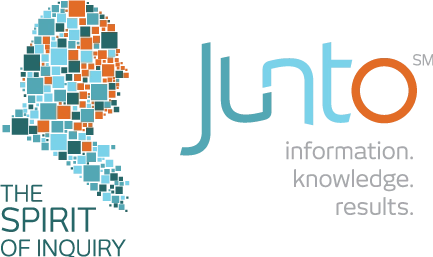Coordinating Discovery Attorney in Criminal Case Rejected
Federal Court in NY Rejects use of Coordinating Discovery Attorney (“CDA”) in Criminal Case, Cites Risk to Attorney-Client Relationship.
Overview: Recently, some courts in federal, multi-defendant criminal cases involving federal public defenders and court-appointed lawyers have appointed a Coordinating Discovery Attorney (“CDA”) to manage the increasing amount of electronically stored information (“ESI”) that the government typically amasses and produces to the defense. In fact, in 2012 the Administrative Office of the U.S. Courts contracted with three lawyers across the country to serve as a CDA in appropriate cases, one of whom is Emma Greenwood, a highly-respected legal technology lawyer in New York City. But in United States v. Hernandez, No. 14 Cr. 499 (S.D.N.Y. Sept. 12, 2014), the court denied the request by nine defense counsel to have Attorney Greenwood appointed as a CDA, ruling that the legal expertise that a CDA brings to the case muddies the duties that attorneys owe their clients, and that appointment of a non-attorney technology vendor is the better option in an ESI-heavy case.
Summary: The Hernandez court noted that the tasks that the CDA would be appointed to do triggered legal expertise and advocacy on behalf of a client. And a mistake or wrong action by the CDA would raise serious ethical and constitutional concerns. For example, one of the first roles of the CDA would be that of a “repository” for the ESI discovery produced by the government. In that role, the CDA would simply receive the discovery and load it onto a particular server or drive for review. But the court posed the hypothetical where the CDA mistakenly loaded only nine of twelve produced disks. The consequences of failing to load three discovery disks – and thereby failing to incorporate the content of those disks into the affected defendants’ defense strategies – could be disastrous. Had the information on those disks been known, the defendant may have entered a different plea or his defenses may have been understood differently by the jury. That one simple uploading mistake could significantly affect a defendant’s liberty interest.
And who, questioned the Hernandez court, would bear the responsibility for those consequences? The CDA or the individual defense attorney who was relying on the CDA as a repository for the discovery? Could the defendant sue the CDA for ineffective assistance of counsel? Could the CDA be subject to discipline under the ethics rules? The court emphasized that a non-attorney technology vendor operating under contract principles would provide a much clearer relationship of roles, and the duty to ensure that all discovery was accounted for would remain with each individual counsel of record, where it belongs.
Other CDA tasks were questioned too. The CDA would be responsible for “tagging” the discovery – i.e., indexing each piece of discovery by type of evidence, defendant, timeframe or event, or other category corresponding to substantive issues in the case. But errors in tagging could cause an individual defense attorney to fail to review certain chunks of discovery that actually bear upon the charges against her client. And errors in running searches against databases could miss key evidence as well. Again, the Hernandez court asked, who would be responsible?
And the court found other tasks delegated to a CDA potentially even more problematic: “having a CDA interface with the Government in more than a ‘mail drop’ capacity; negotiating discovery; seeking additional discovery; conducting substantive document review.” All of these functions fall squarely within the attorney’s role as an advocate for her client, and having a CDA perform them on behalf of multiple defendants raises the same concerns has having one attorney represent multiple criminal defendants.
Which is not to say that the Hernandez rejected the notion of appointing a CDA in every case. The court explained that although “a vendor with an arms-length contract is clearly preferable,” there is a role for a CDA in an appropriate case “with safeguards and an appropriate hearing.” Clients must clearly understand the relationship among all attorneys and the CDA, as well as the CDA’s duties toward the client. And the court emphasized that attorneys may not delegate their duties to their clients or table their obligation to understand the technological issues surrounding ESI. Attorneys must “not ‘lose the thread’ of how to handle and manage electronic discovery.”
If a CDA is to be appointed, the Hernandez court recommended limiting the CDA’s duties to “convenient coordination” and set forth the following suggested stipulations:
- Defense counsel are fully responsible for ensuring that all discovery produced by the Government is in fact received.
- Defense counsel are fully responsible for ensuring that all discovery is loaded onto a server or otherwise made accessible.
- Defense counsel are fully responsible for ensuring that all discovery is received in a form useful to their clients.
- Defense counsel are fully responsible for any tagging or indexing.
- Defense counsel are fully responsible for reviewing and searching all discovery materials.
- Defense counsel are fully responsible for any failure in their clients’ discovery processes.
- The CDA will not assume any responsibilities of an attorney in her role as a CDA.
- The CDA will not negotiate any discovery issue with the Government.
- None of the CDA’s communications will be covered by the attorney-client privilege.


